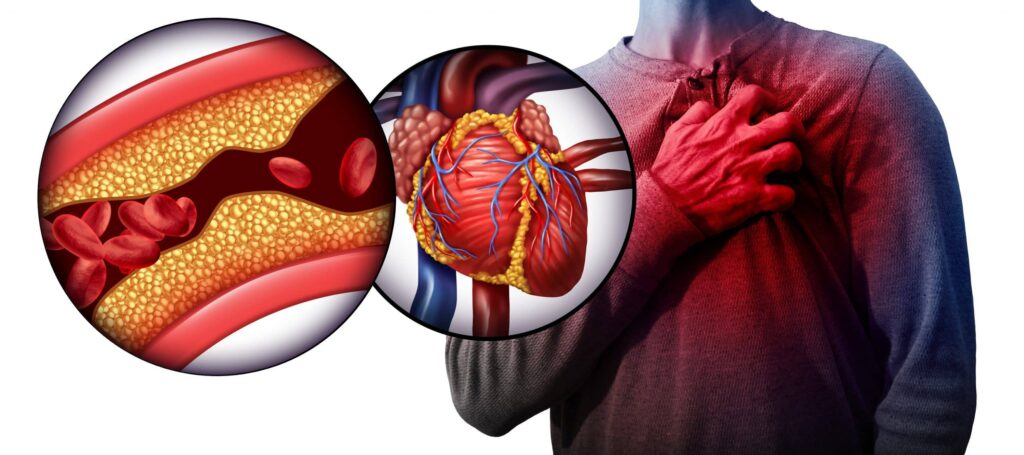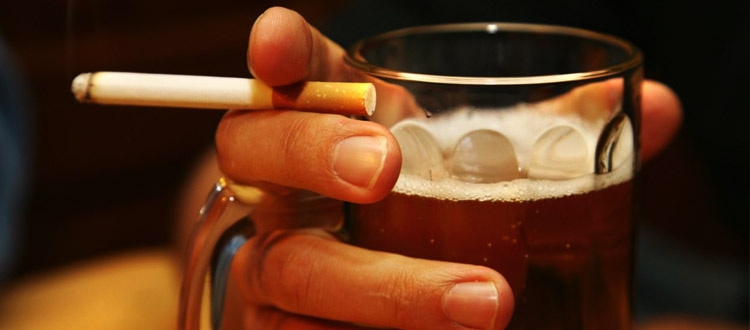
hypertension-scaled
This topic explores how chronic high blood pressure affects brain health. Research has shown that hypertension can lead to cognitive decline and increase the risk of dementia and stroke. Discussing this involves the mechanisms behind these effects, preventive strategies, and the importance of managing blood pressure to preserve cognitive function. It also covers the role of lifestyle changes and medication in mitigating these risks.
Hypertension, commonly known as high blood pressure, is more than just a cardiovascular risk factor; it also significantly influences cognitive health. Chronic high blood pressure has been linked to various forms of cognitive decline and neurological issues. Here’s a closer look at how hypertension impacts cognitive function:
1. Mechanisms of Cognitive Impairment
– Vascular Damage: Persistent hypertension can lead to damage of blood vessels in the brain. High pressure causes the small arteries and capillaries to narrow, harden, and become less flexible, reducing blood flow to critical areas of the brain. This vascular damage can result in small vessel disease and white matter lesions, which are associated with cognitive impairment.
– Increased Risk of Stroke: Hypertension is a major risk factor for stroke, which can lead to direct damage to brain tissues. Even subclinical strokes or transient ischemic attacks (mini-strokes) can contribute to cognitive decline over time.
– Neuroinflammation: High blood pressure can induce inflammation within the brain. Chronic inflammation may contribute to neurodegenerative processes, exacerbating cognitive decline and increasing the risk of conditions like Alzheimer’s disease.
Read also; Dengue Fever – all you need to know
2. Impact on Cognitive Functions
– Memory and Learning: Studies have shown that individuals with hypertension may experience difficulties with memory recall and learning new information. This is thought to be due to impaired blood flow and damage to brain regions involved in these cognitive processes.
– Executive Function: Hypertension can affect executive functions such as planning, decision-making, and problem-solving. These functions are largely managed by the prefrontal cortex, which can be compromised by vascular damage and reduced cerebral blood flow.
– Attention and Processing Speed: High blood pressure may lead to reduced attention span and slower cognitive processing speeds. This can impact daily functioning and overall quality of life.
3. Preventive and Management Strategies
– Blood Pressure Control: Managing hypertension through lifestyle changes and medication is crucial for preserving cognitive function. Studies suggest that controlling blood pressure within recommended ranges can slow cognitive decline and reduce the risk of developing dementia.
– Healthy Lifestyle: Adopting a heart-healthy diet (e.g., DASH diet), engaging in regular physical activity, and avoiding excessive alcohol and smoking can help manage blood pressure and improve overall brain health.
– Regular Monitoring: Regular check-ups and cognitive assessments can help track changes in brain function and ensure that blood pressure remains under control. Early intervention can address cognitive issues before they become more severe.
– Cognitive Training: Engaging in cognitive exercises and mental stimulation may help mitigate some of the cognitive impacts of hypertension. Activities that challenge the brain, such as puzzles and learning new skills, can support cognitive health.

4. Research and Future Directions
– Ongoing Studies: Researchers are exploring new ways to understand the relationship between hypertension and cognitive decline, including the role of specific biomarkers and genetic factors. Advanced imaging techniques and longitudinal studies are helping to uncover how blood pressure management influences cognitive outcomes over time.
– Emerging Treatments: Advances in pharmacology and neurobiology may offer new treatments that address both hypertension and cognitive decline simultaneously. Personalized medicine approaches are being developed to tailor interventions based on individual risk profiles and genetic predispositions.
Effective Lifestyle That Controls Hypertension
Controlling hypertension effectively often involves a combination of lifestyle changes that address various aspects of health. Here are five key lifestyle modifications that can help manage and lower high blood pressure:
1. Adopt a Heart-Healthy Diet
– DASH Diet: The Dietary Approaches to Stop Hypertension (DASH) diet emphasizes fruits, vegetables, whole grains, lean proteins, and low-fat dairy. It reduces saturated fat, cholesterol, and sodium, which can help lower blood pressure.
– Reduce Sodium Intake: Aim to limit sodium to less than 2,300 milligrams per day, ideally 1,500 milligrams for those with high blood pressure. This includes reducing the consumption of processed and restaurant foods, which are often high in sodium.
– Increase Potassium Intake: Foods rich in potassium, such as bananas, oranges, spinach, and potatoes, can help balance sodium levels and ease blood vessel tension.

2. Engage in Regular Physical Activity
– Aerobic Exercise: Activities like brisk walking, jogging, swimming, or cycling for at least 150 minutes a week can help lower blood pressure. Consistent physical activity strengthens the heart and improves blood flow.
– Strength Training: Incorporating strength training exercises, such as weight lifting or resistance exercises, at least twice a week can also benefit cardiovascular health.
– Active Lifestyle: In addition to structured exercise, aim to incorporate more movement into your daily routine, such as taking stairs instead of elevators, and walking or biking for short trips.
3. Maintain a Healthy Weight
– Achieve and Maintain a Healthy BMI: Losing excess weight can significantly reduce blood pressure. Even a modest weight loss of 5-10% of your body weight can have a meaningful impact.
– Monitor Portion Sizes: Be mindful of portion sizes and caloric intake to support weight management. Focus on nutrient-dense foods rather than high-calorie, low-nutrient options.
4. Manage Stress Effectively
– Practice Relaxation Techniques: Techniques such as deep breathing, meditation, yoga, and progressive muscle relaxation can help manage stress and reduce its impact on blood pressure.
– Time Management: Prioritize tasks, set realistic goals, and take breaks to avoid feeling overwhelmed. Effective time management can help reduce stress levels.
– Engage in Enjoyable Activities: Make time for hobbies and activities that bring joy and relaxation, whether it’s reading, gardening, or spending time with loved ones.

5. Limit Alcohol and Avoid Smoking
– Moderate Alcohol Consumption: If you drink alcohol, do so in moderation—up to one drink per day for women and up to two drinks per day for men. Excessive alcohol intake can raise blood pressure and contribute to heart disease.
– Quit Smoking: Smoking is a major risk factor for hypertension and cardiovascular disease. Quitting smoking improves overall cardiovascular health and lowers blood pressure.
Additional Tips:
– Monitor Blood Pressure Regularly: Keep track of your blood pressure readings to understand how well your lifestyle changes are working and to make adjustments as needed.
– Follow Medical Advice: Adhere to prescribed medications and follow your healthcare provider’s recommendations. Lifestyle changes should complement, not replace, medical treatment.
Incorporating these lifestyle changes can significantly improve blood pressure control and overall health. Each change contributes to a holistic approach to managing hypertension, reducing risk factors, and enhancing quality of life.
Therefore, understanding and managing the link between hypertension and cognitive function is vital for maintaining overall health and quality of life. By addressing hypertension proactively and adopting strategies to support cognitive health, individuals can potentially reduce the risk of cognitive decline and improve their long-term well-being.
For advertising and content publication contact Xylose Magazine via WhatsApp – 0574170347 / Email : xylosemag@gmail.com



